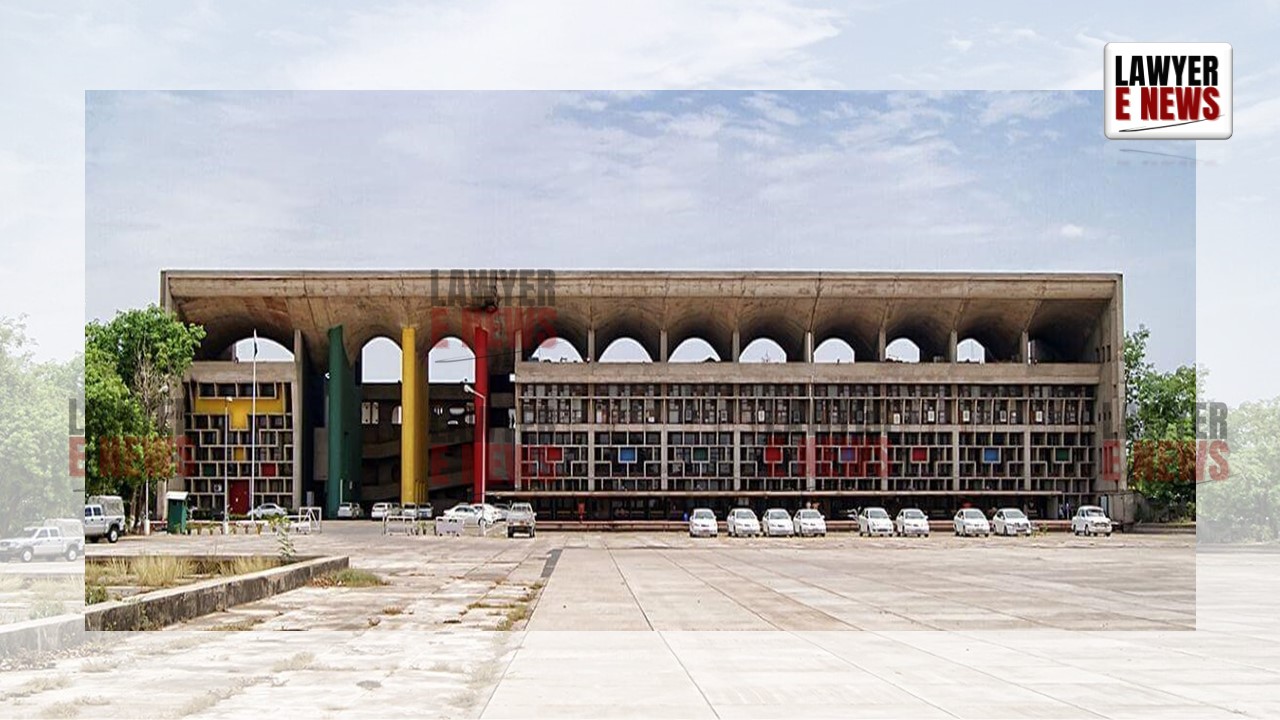-
by Admin
15 February 2026 5:35 AM



Punjab and Haryana High Court upheld the validity of an exclusive jurisdiction clause in a contract, affirming that disputes must be adjudicated in the forum designated by the clause if the chosen court has territorial jurisdiction and part of the cause of action arises within its domain.
The case concerned Clause 13(b) of the ISDA Agreement (International Swaps and Derivatives Association), which granted exclusive jurisdiction to the High Court of Mumbai for disputes arising under the contract.
ICICI Bank, the petitioner, sought to enforce the jurisdictional clause in the ISDA Agreement, arguing that disputes arising from the contract could only be adjudicated by the High Court of Mumbai. The respondent, M/s Orient Clothing Co. Pvt. Ltd., initiated proceedings before the Civil Court in Gurgaon, invoking jurisdiction outside the agreed forum.
The Court held that exclusive jurisdiction clauses are valid under Indian law if:
The chosen court has territorial jurisdiction under Section 20 of the Code of Civil Procedure (CPC), 1908.
A part of the cause of action arises within the court's territorial jurisdiction.
Relying on Hakam Singh v. Gammon India Ltd. (1971) and Swastik Gases Pvt. Ltd. v. Indian Oil Corporation Ltd. (2013), the Court noted:
“An exclusive jurisdiction clause is not contrary to public policy or forbidden under Section 23 of the Indian Contract Act, 1872, and must be upheld if the cause of action supports the jurisdiction of the chosen forum.”
The Court emphasized that the enforceability of a jurisdictional clause is contingent on the cause of action:
“Since a part of the cause of action arose within the territorial jurisdiction of the High Court of Mumbai, the exclusive jurisdiction clause is enforceable.”
The Court observed that by agreeing to an exclusive jurisdiction clause, the parties waived their right to approach any other forum:
“The respondents, having consented to the jurisdiction of the High Court of Mumbai, are estopped from invoking the jurisdiction of Civil Courts in Gurgaon.”
Clause 13(b) included a proviso allowing Party B (ICICI Bank) to initiate proceedings in other fora. The Court clarified:
“The exception is explicitly limited to Party B and does not grant reciprocal rights to the respondents.”
The exclusive jurisdiction clause in Clause 13(b) of the ISDA Agreement is valid and binding on both parties.
The Civil Courts in Gurgaon lack jurisdiction over the dispute.
The case is remanded to the Roster Bench for further proceedings, in light of the exclusive jurisdiction clause.
The judgment stated:
“The exclusive jurisdiction clause must be revered and enforced strictly unless found to be void or contrary to public policy. Such clauses promote certainty in contractual arrangements and must be given the fullest effect.”
Party Autonomy in Contracts: Valid exclusive jurisdiction clauses are enforceable unless they contravene public policy or statutory provisions.
Territorial Jurisdiction: The chosen court must have territorial jurisdiction based on the cause of action.
Strict Interpretation of Exceptions: Any exceptions in jurisdictional clauses must be applied strictly as per their terms.
The Punjab and Haryana High Court’s decision strengthens the enforcement of exclusive jurisdiction clauses in contracts, ensuring that parties honor their commitments to adjudicate disputes in specified forums. This ruling promotes certainty and predictability in contractual arrangements.
Date of Decision: December 20, 2024
